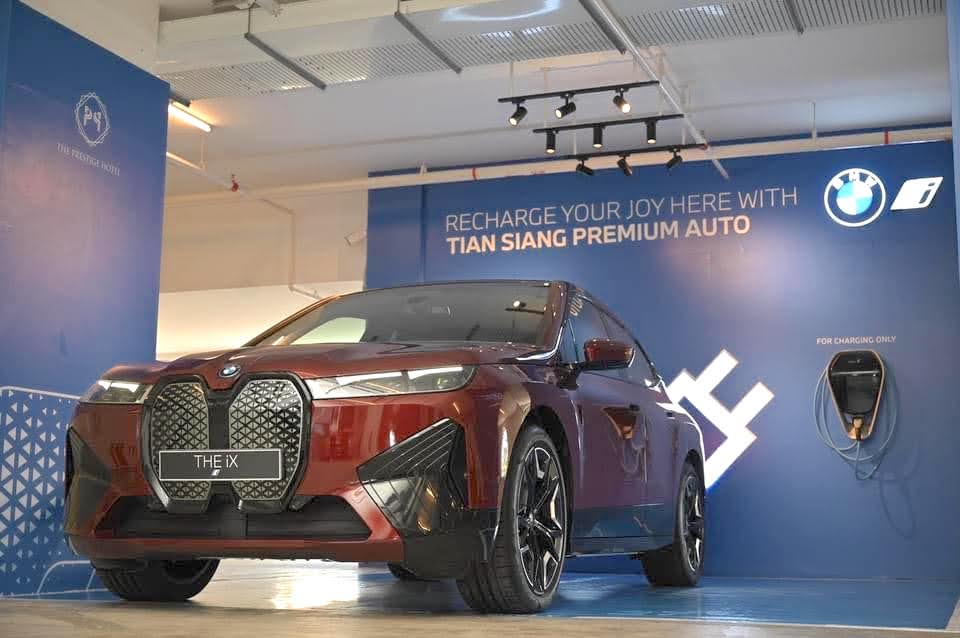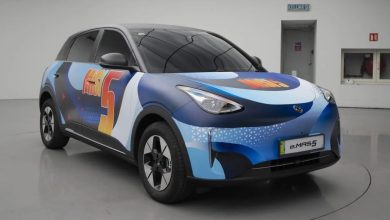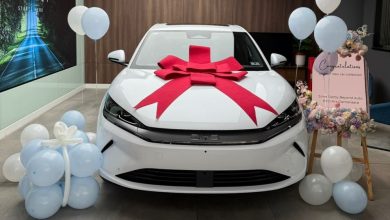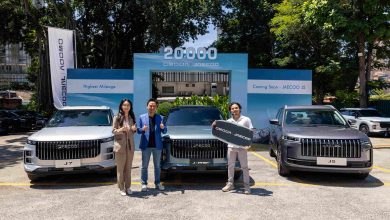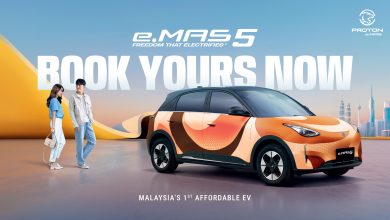Honda & Mitsubishi Corp. Discuss New EV-Centric Business Plans
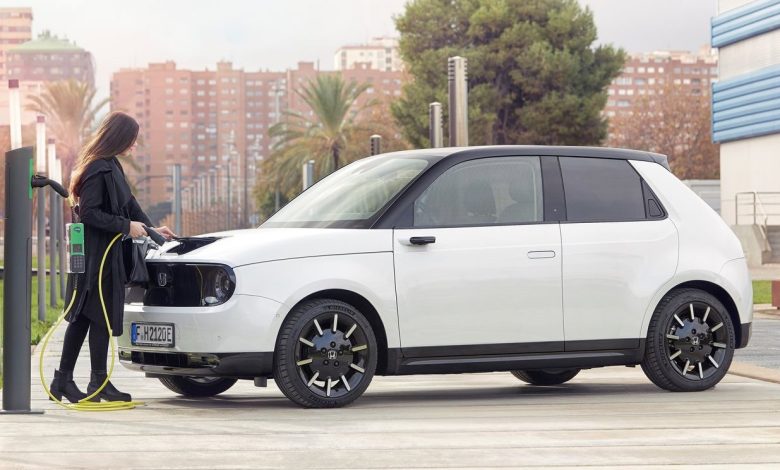
Both Honda and Mitsubishi Corporation intend to cooperate in future battery management and charging businesses.
Honda and Mitsubishi Corporation (the keiretsu, and not to be confused with the automaker of the same name) has recently signed a memorandum of understanding (MoU) to begin discussions toward the creation of new businesses in an EV-centric era. The two Japanese conglomerates are currently looking into two proposed ventures: a battery lifetime management business and a charging/energy management-type business.
Starting first with details of the proposed battery lifetime management business, this new venture is currently aimed to repurpose old EV batteries as a stationary energy storage solution through the use of a ‘sophisticated battery-monitoring system’. The monitoring of the battery’s health is intended to be performed across the lifespan of the EV, with dead cells to be recycled at its end-of-life.
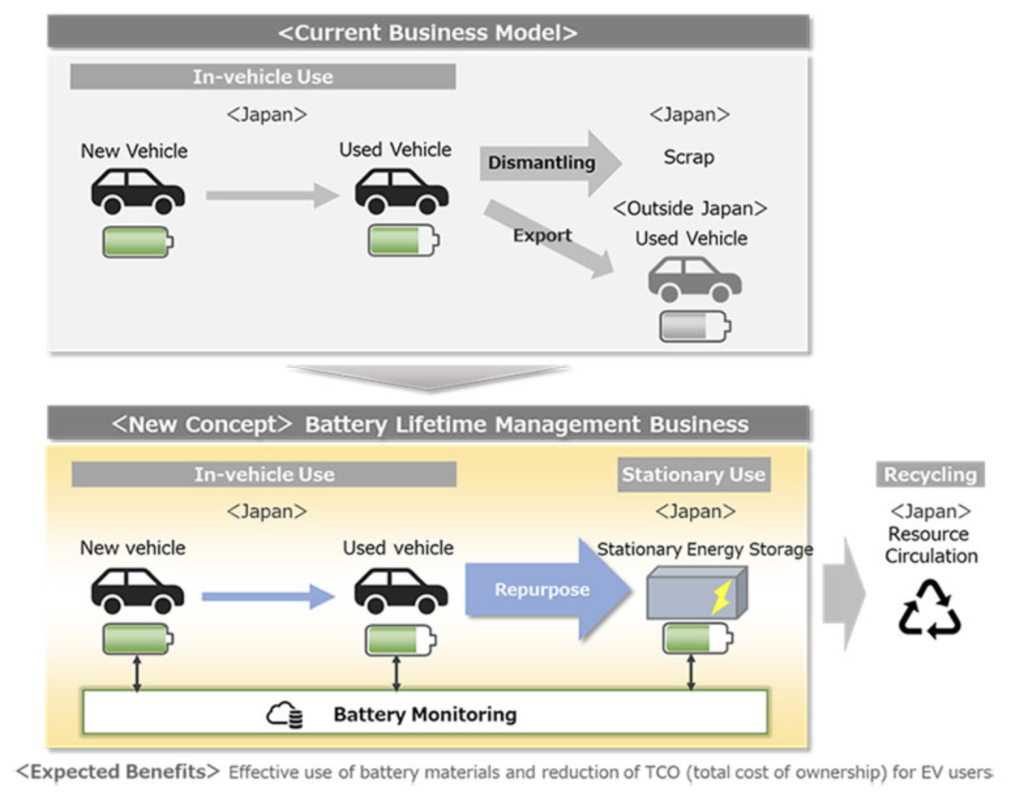
Serving as a replacement to the current battery life cycle of an EV which ends up as scrap at the end of an EV’s useful life (or exported overseas before that), this new business plan seeks to effectively utilise of battery materials and hence offer a reduction in TCO (total cost of ownership) for EV users. This new business is currently specifically targeting batteries within Honda’s upcoming mini-EV, which are scheduled for launch in Japan come 2024.
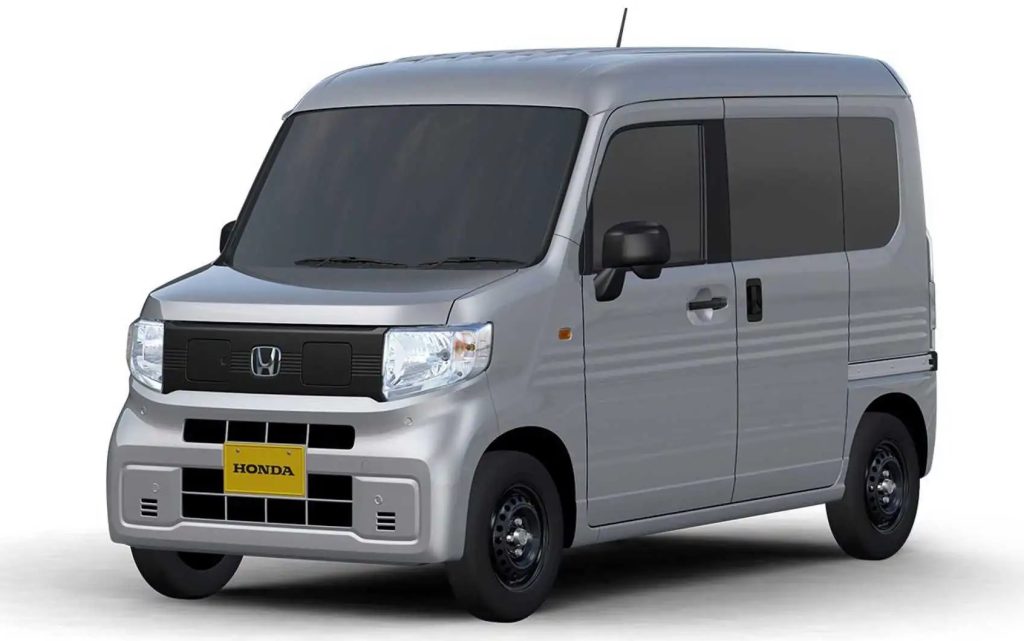
As for the charging/energy management venture on the other hand, this business is intended to facilitate access to smart-charging and vehicle-to-grid (V2G) services, as well as renewable energy sources. Despite both these features being available on certain EVs already, what sets this new business apart is for Honda and Mitsubishi Corporation to provide an external all-in-one automatic energy management solution, which is managed by advanced control technologies.
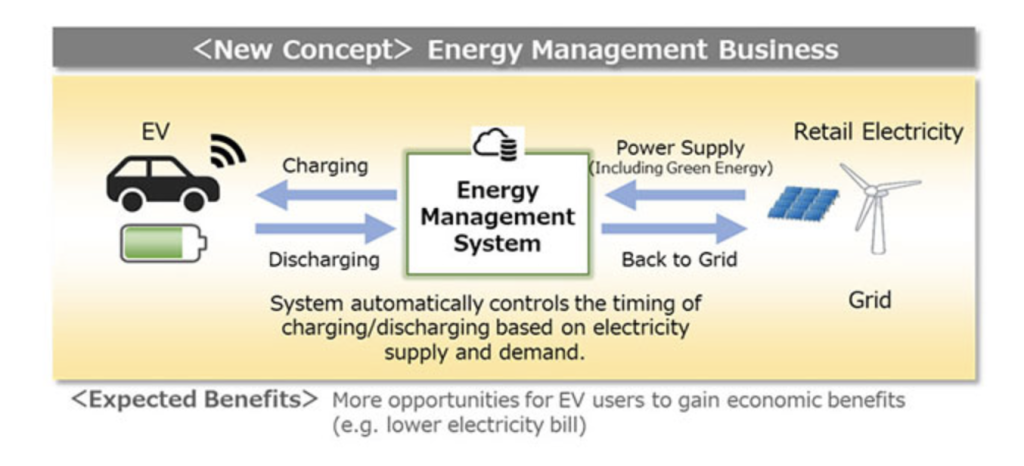
The smart charging system proposed intends to automatically adjust the timing of EV charging, to avoid peak load periods and optimise energy consumption. In a V2G system proposal meanwhile, the EVs will be able to supply electricity back to the grid to help meet local electricity needs if and when required. The reduced cost and potential earnings from the former and latter systems aim to lower the overall cost of EV ownership for its owners.
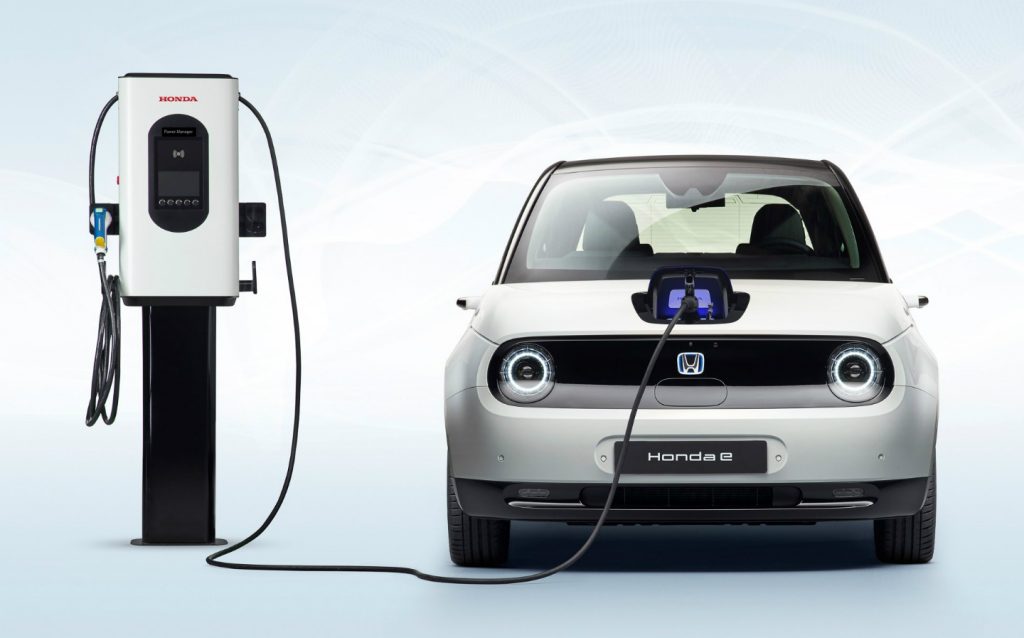
“Preparing for the era of full-fledged popularisation of EVs, Honda will not only sell EVs, but take a proactive approach to energy management, where EV batteries will be utilised as an energy source, and we are also focusing on resource circulation, including the reuse and repurposing of EV batteries, which contain various rare resources,” stated Toshihiro Mibe, Global CEO of Honda during the signing of this MoU.
“Starting with this initiative with MC in the area of mini-EVs in Japan, Honda will strive to maximize the value we offer to our customers and build a foundation for sustainable business from a long-term perspective, while working with a variety of partners and accommodating the unique market characteristics of each region,” he added.
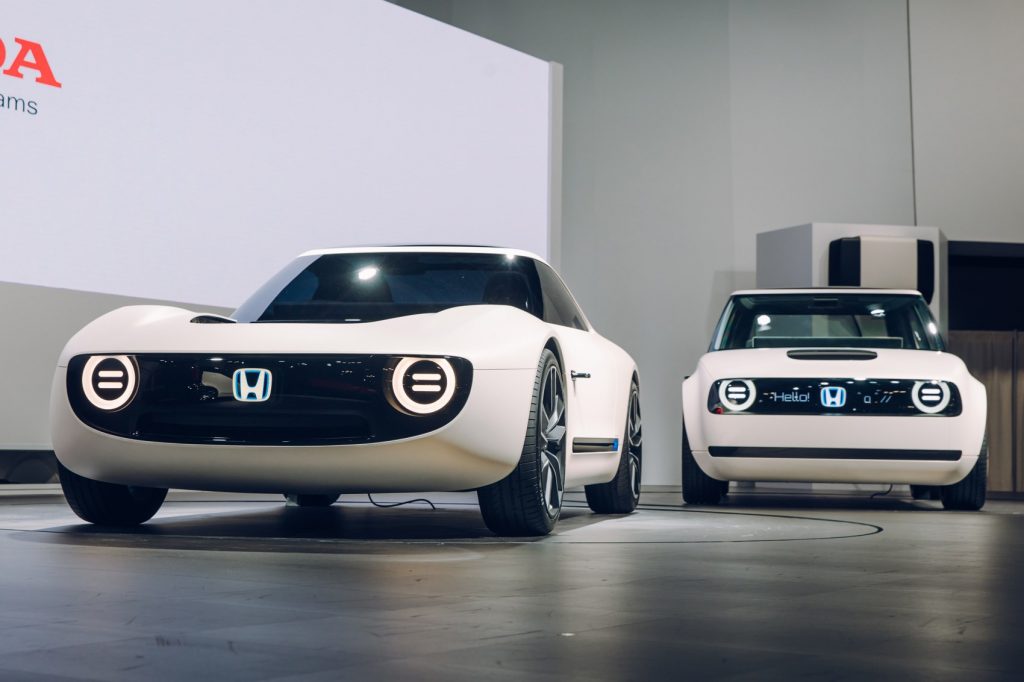
Katsuya Nakanishi President & CEO Mitsubishi Corporation meanwhile commented: “We understand that the convergence of different sectors such as mobility, energy, services and data is an irreversible trend. Examples can be seen all over the world, as companies seek to go carbon neutral, and new business models like MaaS and CASE (in the automobile industry) pick up stream. MC is aiming to develop its own new business models that balance electrification and decarbonization, to create new cross-industry services, and otherwise reinventing ourselves in keeping with the times.”
While both ventures are promising, it nevertheless remains to be seen if any of these business will actually become a reality. In any case though, here are two ideas that some enterprising Malaysian could potentially kick-start over here. Anyone want in?
